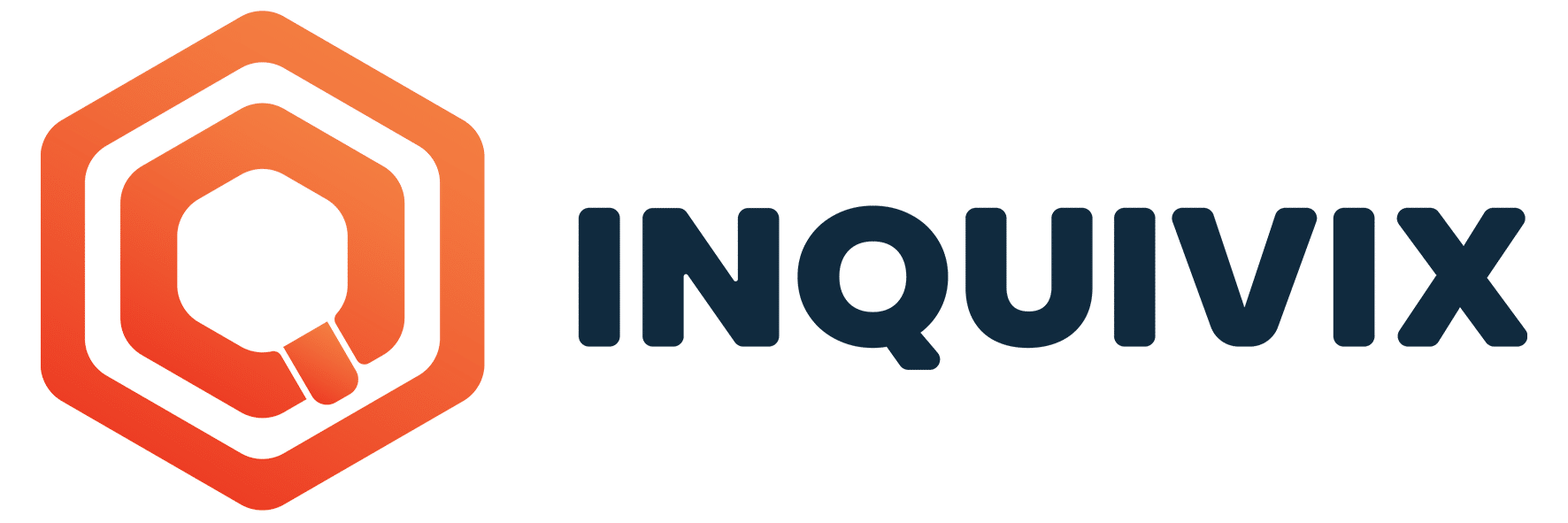Inquivix HQ
1-903, 18 Eonju-ro 146-gil,
Gangnam-gu, Seoul, Korea
06057

The South Korean market is positively responding to the pandemic’s long-lasting effects on the commercial front. This edition is a summary of the trending e-commerce, advertising, and marketing efforts put forward by prominent platforms.
We bring you details on YouTube’s live shopping platform plans along with how and why five OTT platforms were fined for hindering subscribers from unsubscribing. This insight also consists of discussions of South Korea’s current outdoor advertising methods, Carrot Pay by Carrot Market, how Meta used the Super Bowl to advertise Metaverse, and the new shopping magazine, ‘Teddit’.
1. YouTube to Introduce ‘Live Shopping’ in 2022
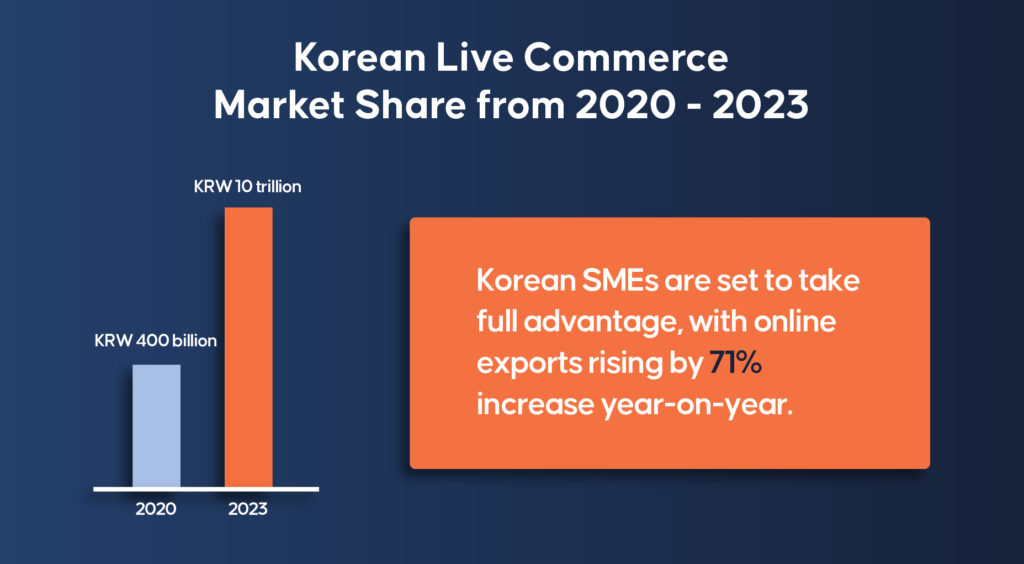
YouTube intends to launch a live shopping platform categorized by genres where users can sell products while communicating with viewers in real-time. The platform views this initiative as a highly anticipated feature that all users of the platform will actively engage in which was proved by YouTube’s successful live shopping event called ‘Holiday Stream and Shop’ hosted in November 2021. Following popular Korean platforms, Naver and Kakao’s live shopping imprint, YouTube can successfully penetrate the Korean market when it launches.
2. Subway Advertisement Prices Soar by 50% – Celebrity Fandoms Retreat
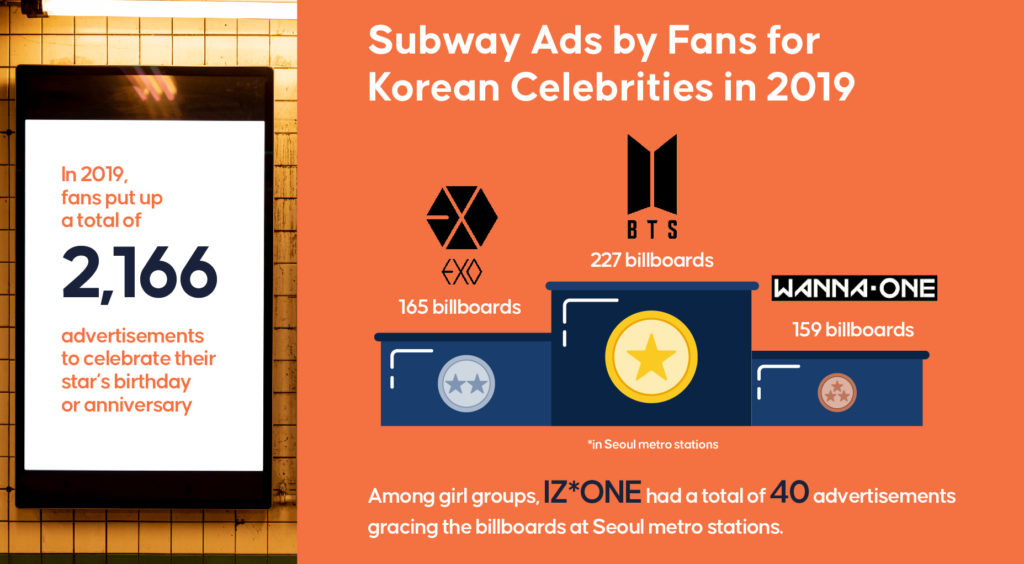
Subway Advertisements are a popular Korean advertising method, where billboards are installed at subway stations. The most popular location is the Samsung Station on Seoul Subway Line 2, and it is called the best location for celebrity birthday adverts. Given Korea’s highly penetrated celebrity fanbase, fans of different celebrities from the entertainment industry spend on these billboards for their favorite celebs.
The unit price of these advertisements based on a 4.5m long billboard has increased by almost 50% putting celebrity fandoms in a fix. The most popular subway for advertising, Samsung Station increased prices from 4.5million won to 7 million won, while other less popular platforms followed suit. Fandoms have had to shift their advertising from more expensive stations to less expensive ones to fit their budget, and have also extended their fundraising timeline.
3. Outdoor Automobile Advertisements – An Under-Utilized Opportunity
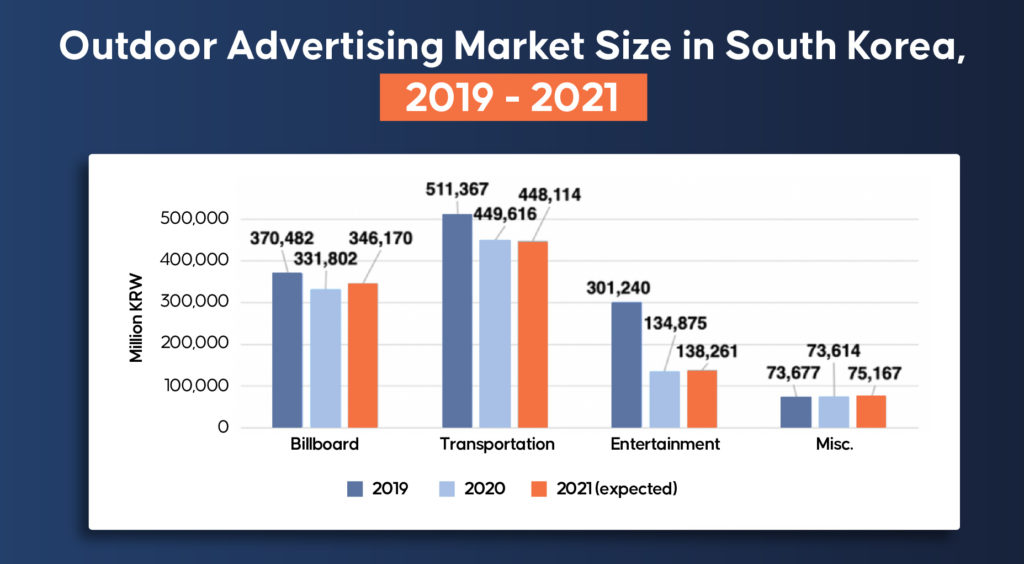
The South Korean government temporarily eased advertising regulations by creating a ‘regulatory sandbox’ to counter their previous laws that denied automobiles the option of outdoor advertising on their exteriors. Although this is a great mobile marketing opportunity, many businesses show reluctance in investing in this type of advertising.
The majority of business models link marketers and car owners who wish to generate profits through their platforms and share their revenues based on the degree of publicity. However, the overall overview of the industry has shown that fewer businesses implement this model, and many completely stay away because of the possible legal repercussions of illegal advertising and the unclear stance of the local government on outdoor advertising on personal vehicles.
4. OTT Platforms Fined – Users Experience Difficulty in Canceling Subscriptions
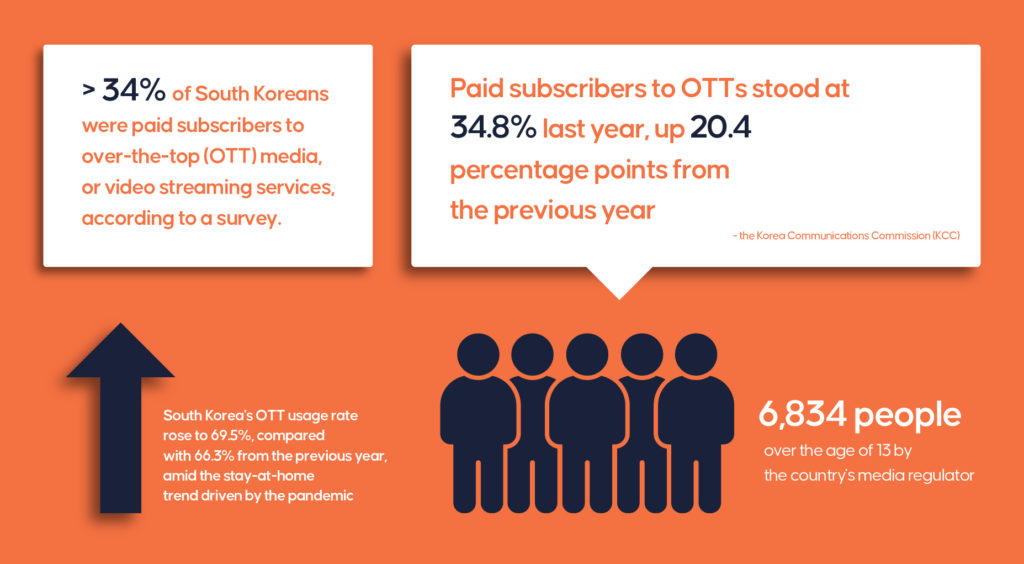
The Fair Trade Commission discovered that five popular (OTT) media service providers – Google, Netflix, KT, LG Uplus, and Content Wavve were implementing dishonest practices against the e-Commerce act by impeding subscribers from their efforts to cancel their paid subscriptions (FTC).
The FTC found these platforms offered misleading information or did not permit subscribers to cancel their subscription online to make it difficult for subscribers to end the agreement of accessing their offerings. The OTT platforms were fined a total of 19.5 million won and also instructed to alter their business practices, to be honest, and align with the e-Commerce act.
5. Karrot Market Intends to Expand Karrot Pay Nationwide
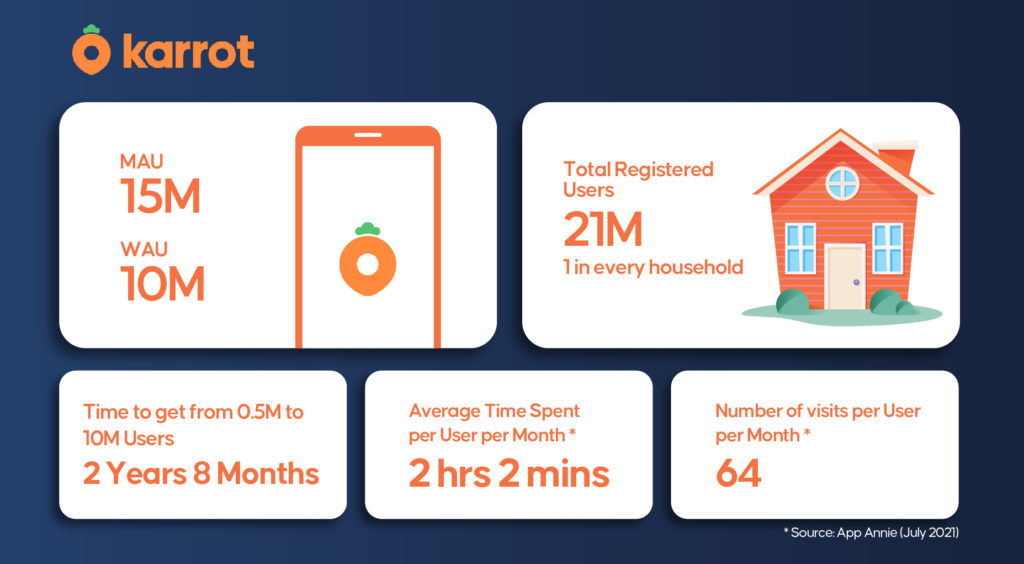
Karrot Market is a Korean trading application that allows users to trade their assets – sell or purchase them, provided they are in a 6-km radius of their trading partner. Karrot Market was introduced in 2015, and Karrot Pay was introduced in November 2021 as a straightforward remittance solution that helps alleviate the inconvenient nature of traditional transactions that involve cash or account transfer.
Karrot Pay extended nationwide on the 14th of February, and it is exceptional in providing a simple remittance solution for Karrot Market users. Furthermore, because it may only be used with the chat room’s remittance feature, it is feasible to avoid abuse and malicious harm through false transaction sites. These are great features to draw in more consumers to increase the reach of Karrot Market as a minimum of 500 users need to be a particular area to start trading.
6. Meta Uses Super Bowl to Advertise Metaverse

Facebook and Instagram owner Meta decided to utilize the NFL final ‘Super Bowl’ to showcase an advertisement for Metaverse. The commercial showed an animatronic dog and its companion, a pink-tentacled monster, separated in physical reality but reunited through the company’s Quest 2 virtual reality headsets.
Meta saw its stocks plummet in the last, mainly account to the staggering investments pouring in to build the Metaverse. In light of these investments, using all available advertising methods is a great to promote the Metaverse.
7. TMon Unveils a Curated Shopping Magazine – ‘Teddit’

TMON is the first Korean social shopping firm to become a dominant player in the nation’s e-commerce sector through innovation and consumer focus. TMON releases new goods every hour. It placed first among Korean online shopping channels in June 2019 based on many performance factors such as time spent on the website and consumer loyalty.
On the 14th of February 2022, TMon revealed the debut of ‘T-edit,’ an online lifestyle magazine. Teddit is a magazine-style digital content platform where you can observe seasonal purchasing trends at a glimpse. Each season, content is handpicked based on current trends in fashion, food, travel, lifestyle, and much more.
The magazine is founded with the premise that we are living in a content-consuming society, thus the firm intends to optimize tailored material that helps TMon clients choose products that match their interests and beliefs. The online magazine, in collaboration with TMon, aims to boost the brand’s competitiveness.
Conclusion
The impact of COVID-19 has left many South Korean businesses with a detrimental loss of revenue but has provided a vast sea of digital opportunities. Many new businesses have surfaced to utilize these opportunities which have made it crucial for existing businesses to advertise and market their brand, products, and services. This edition shows YouTube’s initiative of the live shopping feature to enter the live commerce market, the struggle of OTT platforms to prolong their paid subscriber’s subscriptions through dishonest practices, and the consequences of these practices.
That’s it for the Korean marketing insights this week. Look out for next week’s interesting edition to be updated on the digital marketing world in Korea.
